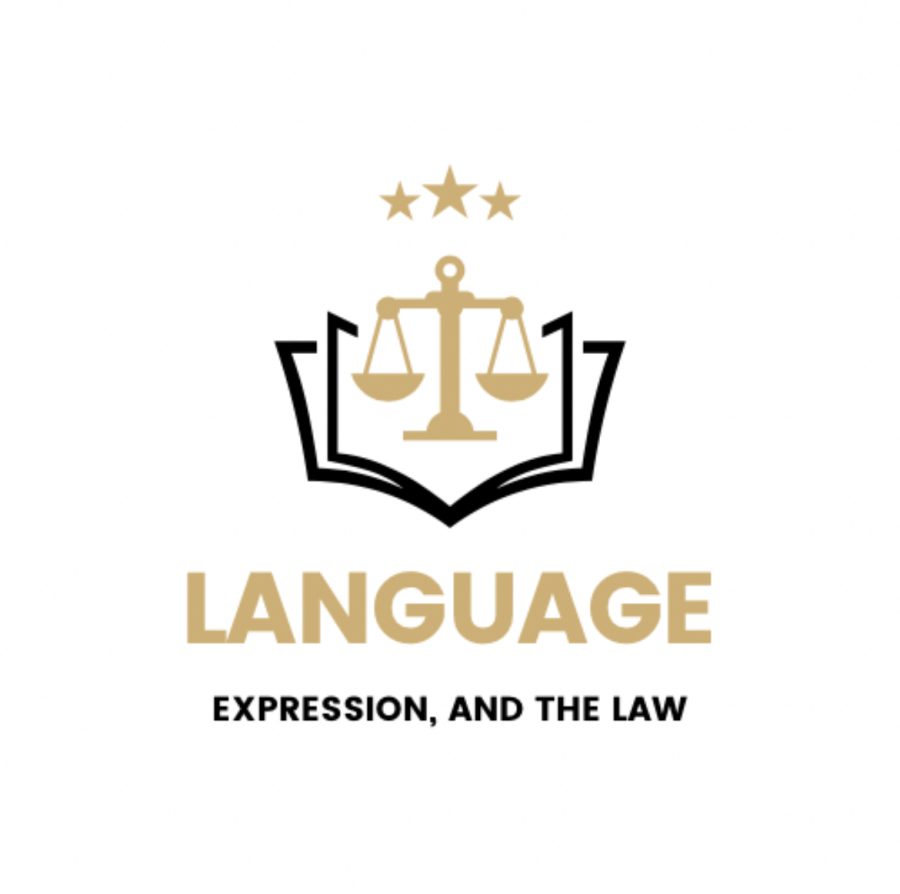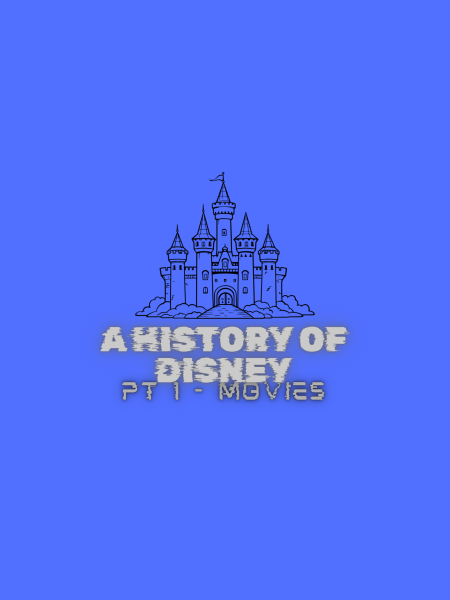Opinion: Language, Expression and the Law
Living in the United States, we have the luxury of freedom of speech. This was originally included in the Bill of Rights to prevent government censorship from silencing individuals, giving citizens the freedom to share their opinions. You’ve probably also heard of the freedom of expression. Not to be confused with freedom of speech, freedom of expression encapsulates the rights afforded to us in the freedoms of speech, press, assembly, and association.
Freedom of expression supposedly protects the same sharing of opinions that freedom of speech protects regardless of the medium used to share them. This seems to create a distinction between speech and expression. Given this distinction, you’d probably think that the definition of speech is pretty cut and dry, for anything that does not fall under the definition of speech could just fall under expression and it would still be protected so there would be no issue. You’d be wrong.
To be clear in advance, you should not be speeding when you drive; speed limits are there for a reason and not following them is unsafe and unadvised. According to the National Highway Traffic Safety Administration, an average of 31 people died daily due to speeding related accidents in 2020. But if you’ve ever been driving and someone driving the opposite way flashes their high beams at you, this could be an indication that there is an officer down the road. There’s actually a lot of controversy over whether or not this is legal.
In the UK, they would argue that it is a violation of section 89 of the 1996 Police Act, “The offence of obstructing a police officer is committed when a person willfully obstructs: a constable in the execution of his duty….” In the United States, however, a New Jersey court in 1999 held that the act was a form of speech and therefore protected by the first amendment. How can flashing headlights be considered speech? It involves absolutely zero use of language. Why can’t it just be considered an expression?
As mentioned earlier, freedom of expression is a consolidation of the rights in the First Amendment. Freedom of expression as a singular freedom is not actually in the first Amendment so to formulate an argument that is supported by law and the constitution, one would have to reference any of the individual freedoms that may fall under freedom of expression, not freedom of expression as a whole. It just so happens that the only one of those freedoms which could even somewhat adequately describe the flashing of headlights is freedom of speech. The problem here is that it can be hard for people to see how and why that is, in fact, speech.
If you were to google the dictionary definition of “speech” right now it would explicitly mention in the definition how speech involves the use of “articulate sounds” or “vocal communication.” Flashing headlights doesn’t even involve language, much less an auditory component. By our dictionary definition of speech, not even sign language would be considered speech. Where these would be considered speech is under the lawful definition of freedom of speech. Paraphrased from the Cornell Law School definition, speech is speaking, writing, and sharing ideas or opinions. I suppose that flashing headlights would be sharing the idea that an officer is down the road.
Just recently in the wake of Covid and the argument of wearing masks, there was a question of the authority that the CDC had in imposing a mask mandate. A Florida District Judge’s interpretation of the 1944 Public Health Service Act found that the CDC was overreaching in imposing a mask mandate. However, the interpretation came down to a single word, “sanitation.” In 1944, “sanitation” was an effort to maintain public health by taking steps to prevent the spread of disease. Kathryn Kimball Mizelle, the judge that ruled on this, decided to use a specific current definition of sanitation which did not describe the purpose behind the mask mandate meaning that the CDC’s mask mandate could no longer be enforced. Regardless of what the correct ruling was, the evolution of language, specifically the change in usage of a single word, was the cause of that ruling.
Definitions find their way into our legal system all the time and rightfully so as laws are built from written word. Unfortunately, as language evolves, our laws are vulnerable to misinterpretations from what they were originally written to mean. Perhaps the founding fathers actually wouldn’t agree with the act of flashing headlights being considered a form of speech. Nevertheless, as language runs its course, we have no choice but to try and either preserve or redefine laws so that they can continue to do their job.

Joe Carlucci is in the class of 2023 at Oakmont Regional High School. He has been writing for The Oakmonitor for two years now. Joe participates in baseball,...













